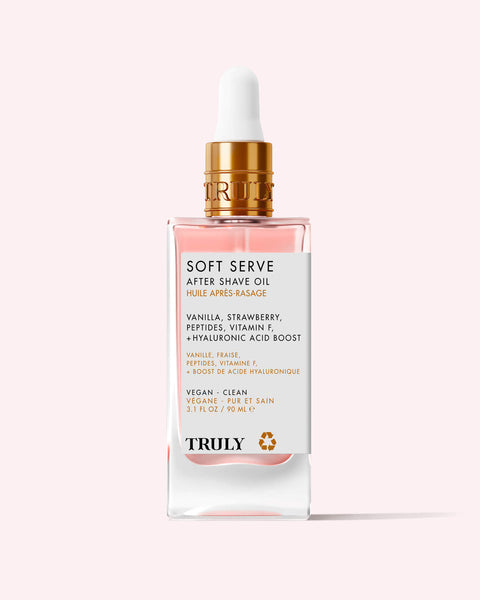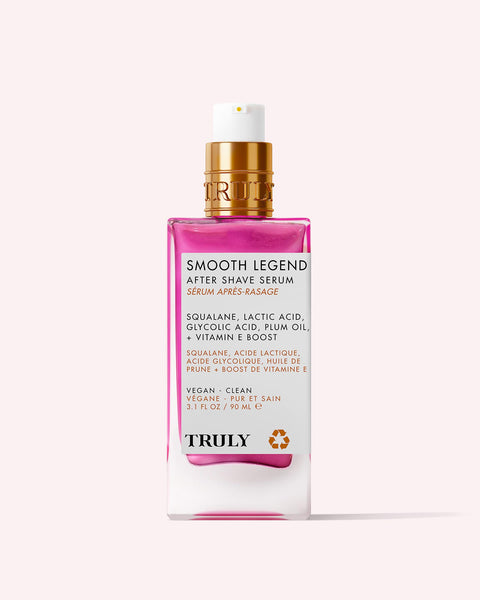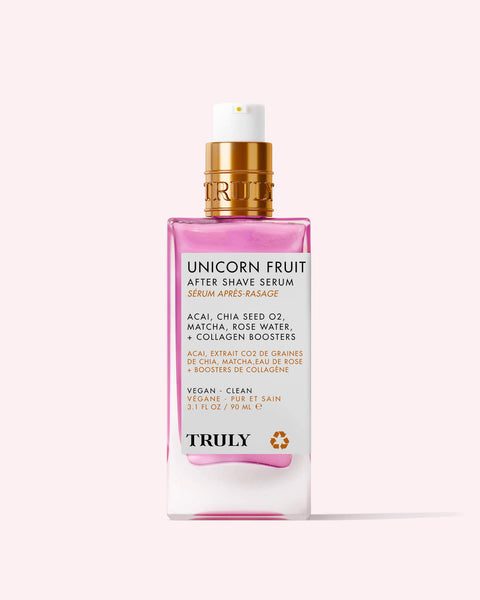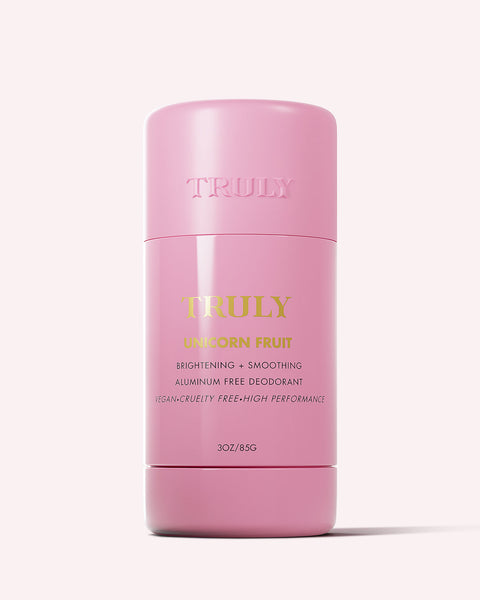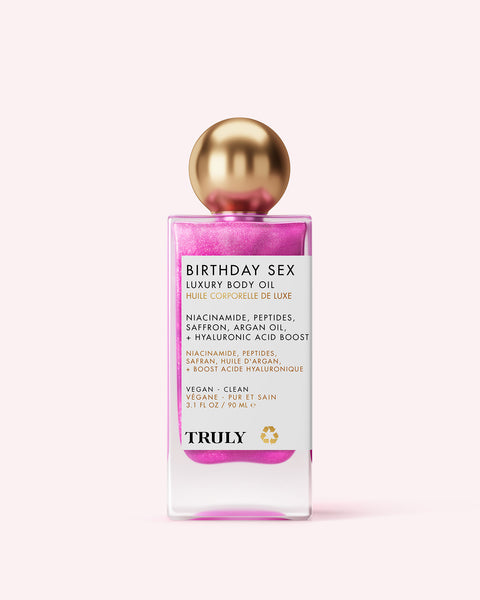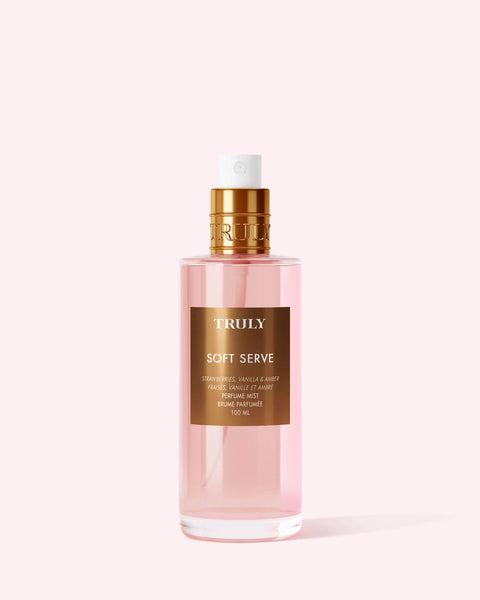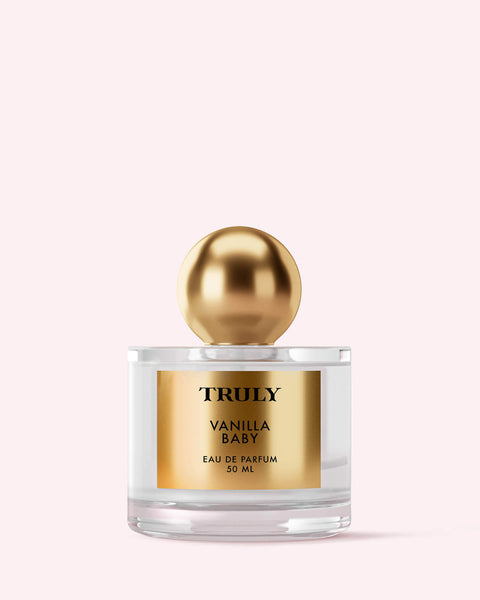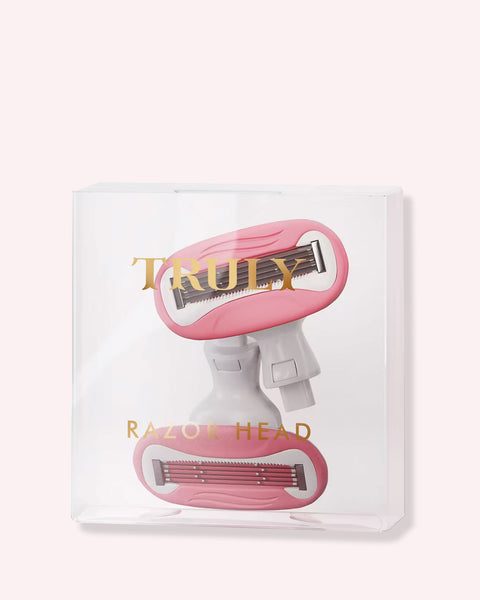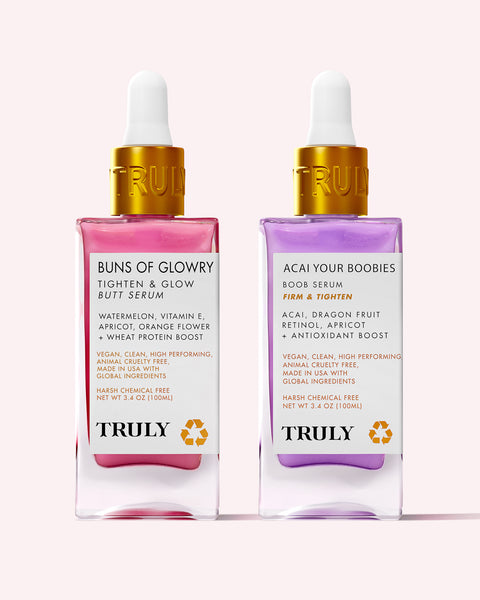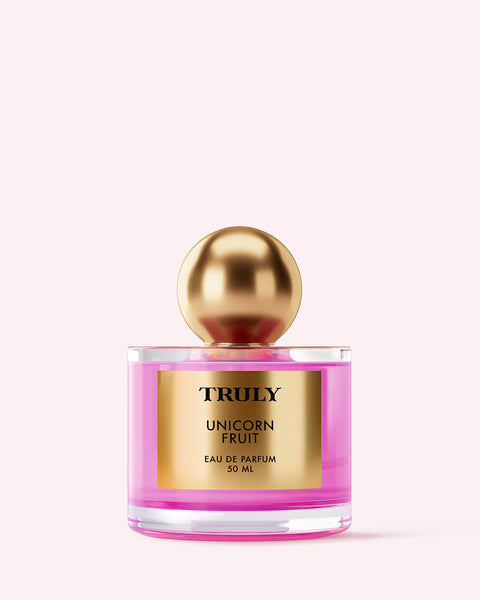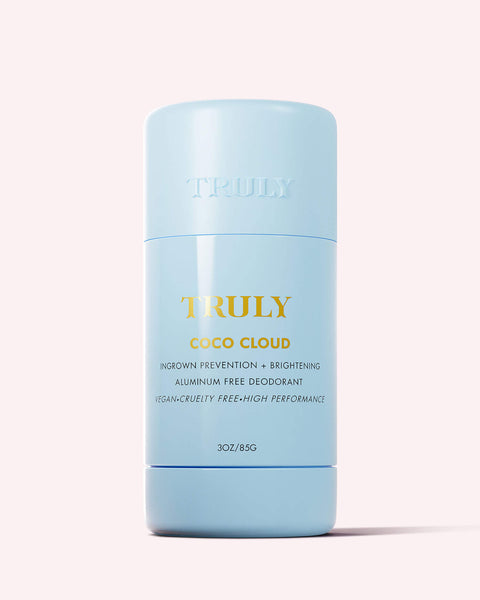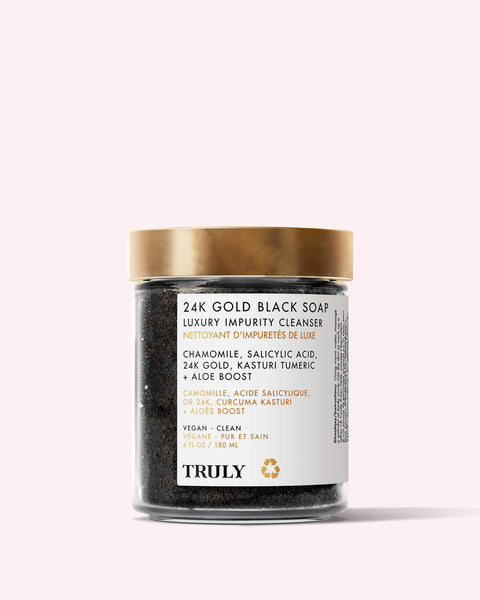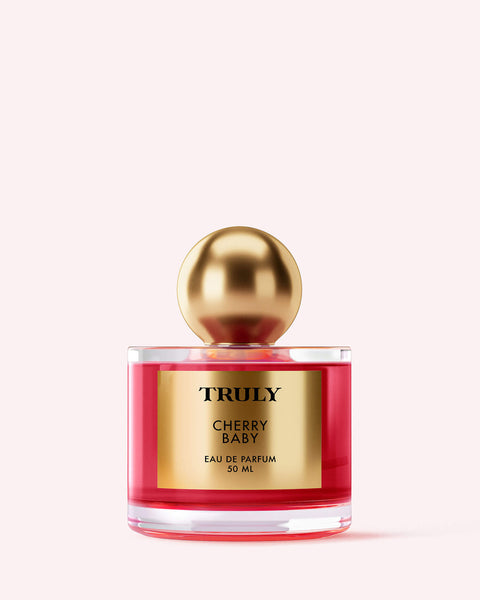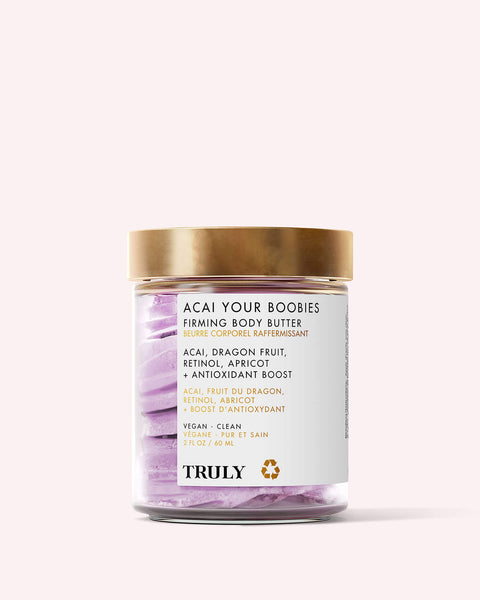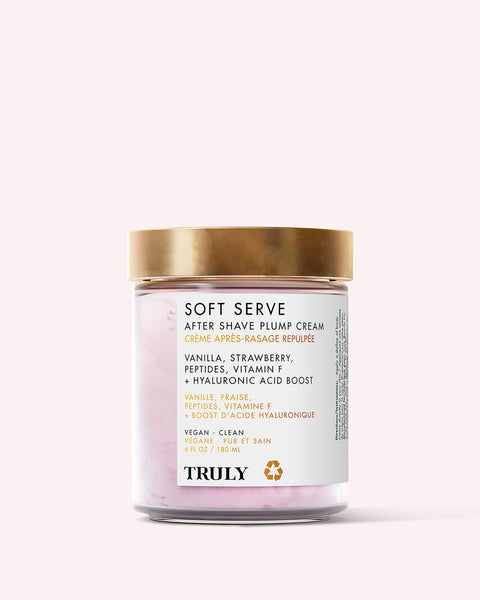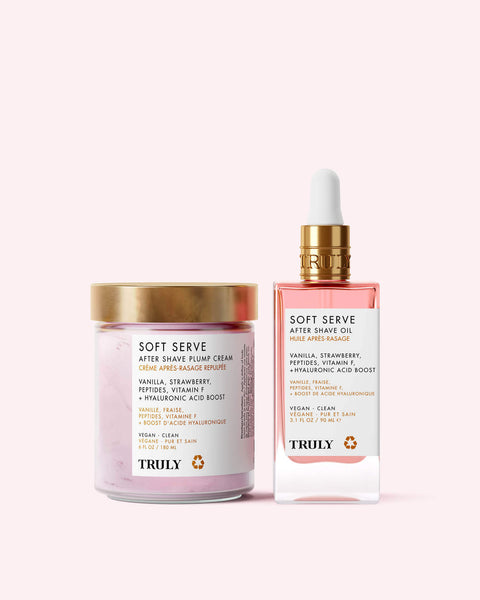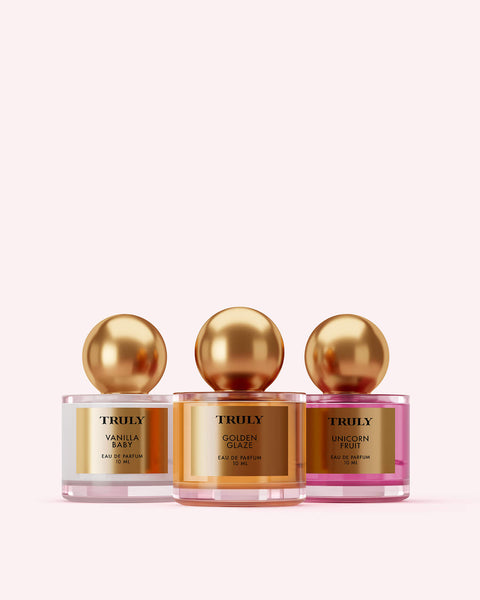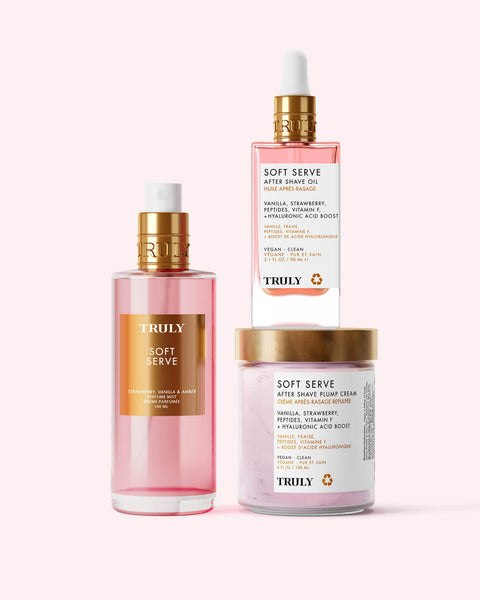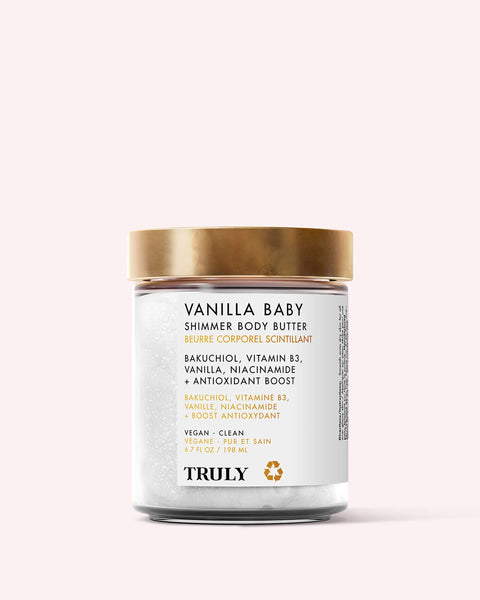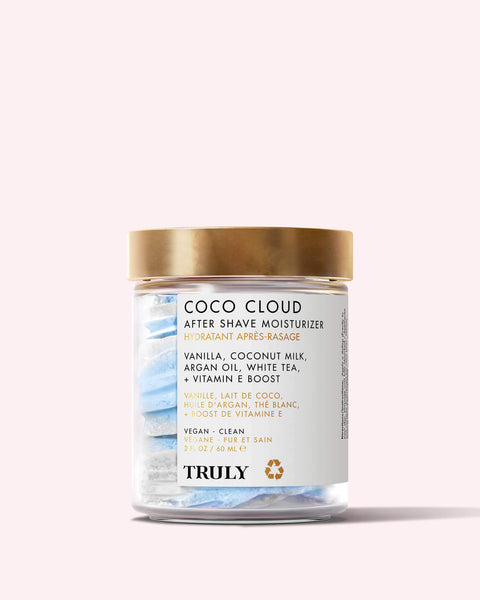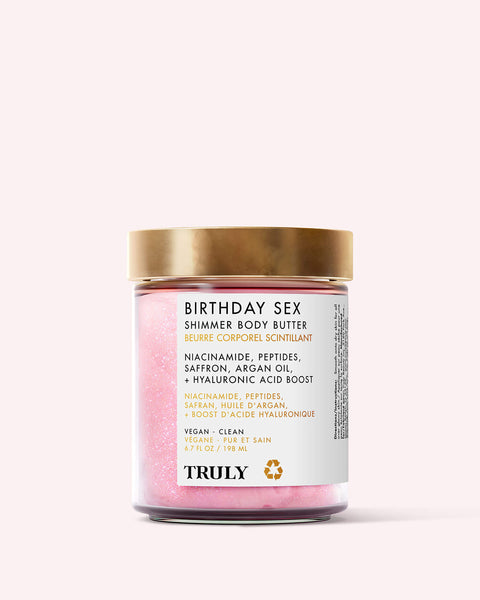Does "Training" Your Hair Without Shampoo Really Work?

There's a theory going around that washing your hair less can make your hair less greasy. It's called hair training.
Hair training involves cutting back on using shampoo to help reduce oil production and product buildup, and ultimately, make the hair appear less greasy for a longer period of time.
But does it actually work or is it just an excuse to get a couple of extra days out of a wash? Here's what you should know about hair training, and its role in combatting greasy hair.
What is Hair Training?
Hair training, otherwise known as scalp training or oil training, is the act of training your hair to only need to be washed once every few days -- or in some cases, never. The belief is that the additives like sulfates in shampoos dry out the strands, so by limiting hair washing, the scalp won't overproduce natural oils and will return to its natural, healthy state.
Like the skin, overwashing your hair causes the scalp to produce more oil to compensate for the loss. This can lead to the appearance of greasy hair.
Does it Actually Work?
Some say it does, others say it doesn't.
According to Dr. Trefor Evans, cosmetic chemist and director of research at TRI-Princeton, hair training is simply a fad backed by absolutely no scientific data.
"There is this thought process that a natural conditioner, but it’s being produced all the time," says Evans. "So, left to run to its own extent, it will build up and make your hair feel kind of oily. It’s part of the natural physiology of your body, so you can’t really impact that."
However, others insist that washing your hair less often can be helpful in cutting down on grease.
"Yes, you can totally train your scalp by adjusting your behavior," says dermatologist Melissa Kanchanapoomi Levin, MD. "I’ve found that so many patients are either overdoing it with heat tools, dry shampoo, or not washing their hair regularly, so resetting yourself with a gentle haircare regimen can help you assess what your scalp is really doing."
So now we're confused. To wash or not to wash? It all depends on your hair type and preferences.
How Often Should You Wash Your Hair?
How often you wash your hair really depends on your hair type and the amount of sebum your scalp naturally produces. Everyone is different!
Washing hair every day isn't ideal for most hair types, especially thick, curly hair, as it can cause both scalp and strand dryness. Those with thin, fine hair may require daily washing to keep the hair from looking limp.
If you're someone who uses a lot of styling products, you may also benefit from regular hair washing to help reduce product buildup.
Mostly, it comes down to how much oil your scalp naturally produces. If you're "blessed" with an oily scalp, you might not be able to get away with infrequent hair washing unless you want that oiliness to creep in.
It's all down to personal preference. If you like the feeling of fresh hair that you get with your current haircare routine, why change a good thing? You could try limiting washes to four times a week, and see how that works for you. However, if you're happy with your hair and how it reacts to your current routine, you really don't need to change anything.
Hairstylists and dermatologists also recommend avoiding hot water when you shower, as it can dry out your scalp and trigger the sebaceous glands to produce more oil. Not only that, washing your hair with hot water can irritate the scalp and may even cause dandruff.
Tips for Managing Oily Hair
Wash with a Gentle, Clarifying Shampoo
Most shampoos contain detergents known as sulfates which can dry out your scalp. Invest in a sulfate free shampoo to cleanse your strands without stripping your scalp of natural oils. If you can, look for something clarifying that will remove excess oil and buildup.

Truly's Super Fruit Shampoo + Conditioner nourishes and restores the hair with ingredients like coconut, argan, and jojoba oil while removing buildup without the use of sulfates.
Cut Back on Heat Styling
Heat promotes oil, so if you're using your flat iron or hair dryer daily, that could be why your hair's getting greasy. Cut back on the heat styling, and opt for heatless hairstyles instead to encourage the scalp to produce less oil.
Keep Your Hairbrush Clean
Ideally, you should be washing your hairbrush after every use to keep it clean and oil-free. Hair brushes collect oil, dust, and hair product buildup which can transfer to your strands. The best way to prevent that from happening is by A. always unclogging it of hairs, and B. washing your brush daily with a gentle cleanser to remove dirt, oil, and product buildup.

Truly's Vegan Boar Bristle Brush detangles all hair types without causing breakage. This lightweight brush boasts multi-layered bristles that are easy on the scalp while detangling every strand of hair!
Use Dry Shampoo Between Washes
Dry shampoo really is a miracle worker when it comes to refreshing your strands, and eliminating grease. You can stretch your wash by spritzing some dry shampoo into your roots and massaging it through your strands. Your hair will look fresher in seconds.
You can also apply it directly after a blow dry so that the dry shampoo combats oil throughout the day.
Don't Overuse Products
From your leave-in conditioner to your anti-frizz serum and hair growth spray, all those products you're running through your tresses are only contributing to a hot oily mess. Apply these products sparingly.
Try an Apple Cider Vinegar Rinse
This DIY trick works wonders on oily hair. Simply pour apple cider vinegar diluted with water over your strands, leave it to sit for 2-3 minutes, then wash and condition as normal. It's a quick and effective way to zap away excess oil and product buildup! Plus, it only costs a couple of bucks!


